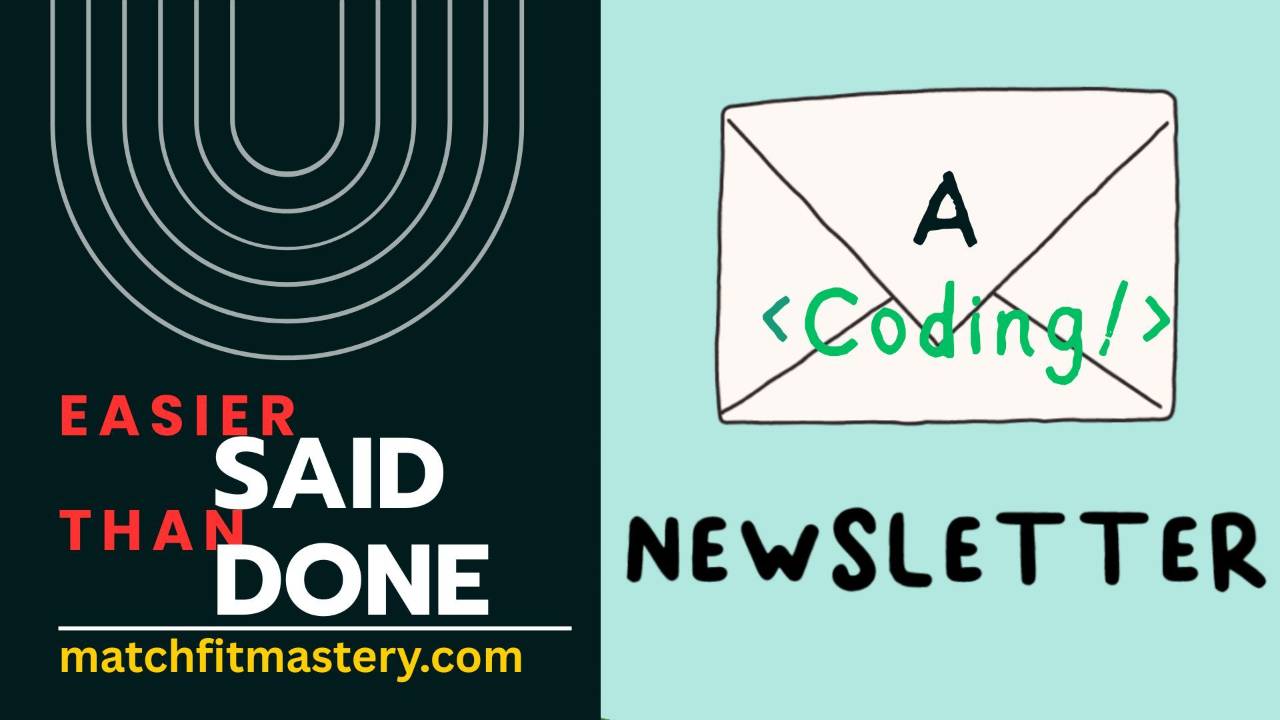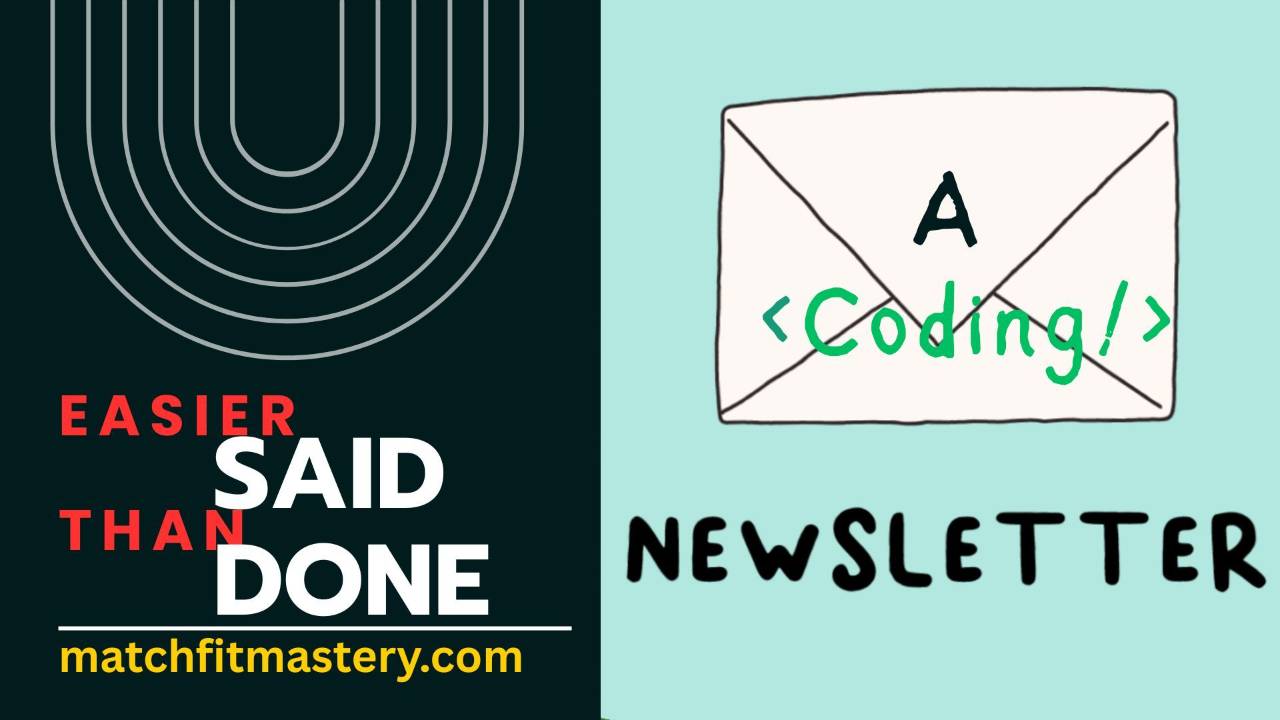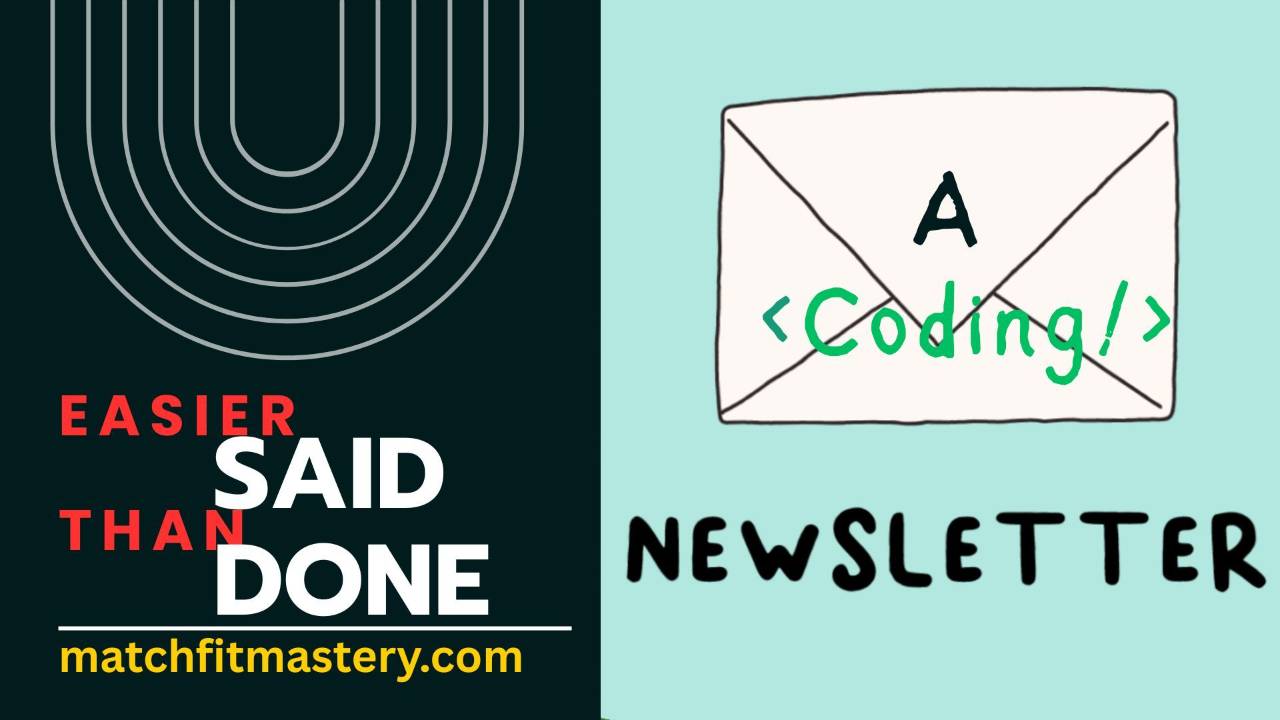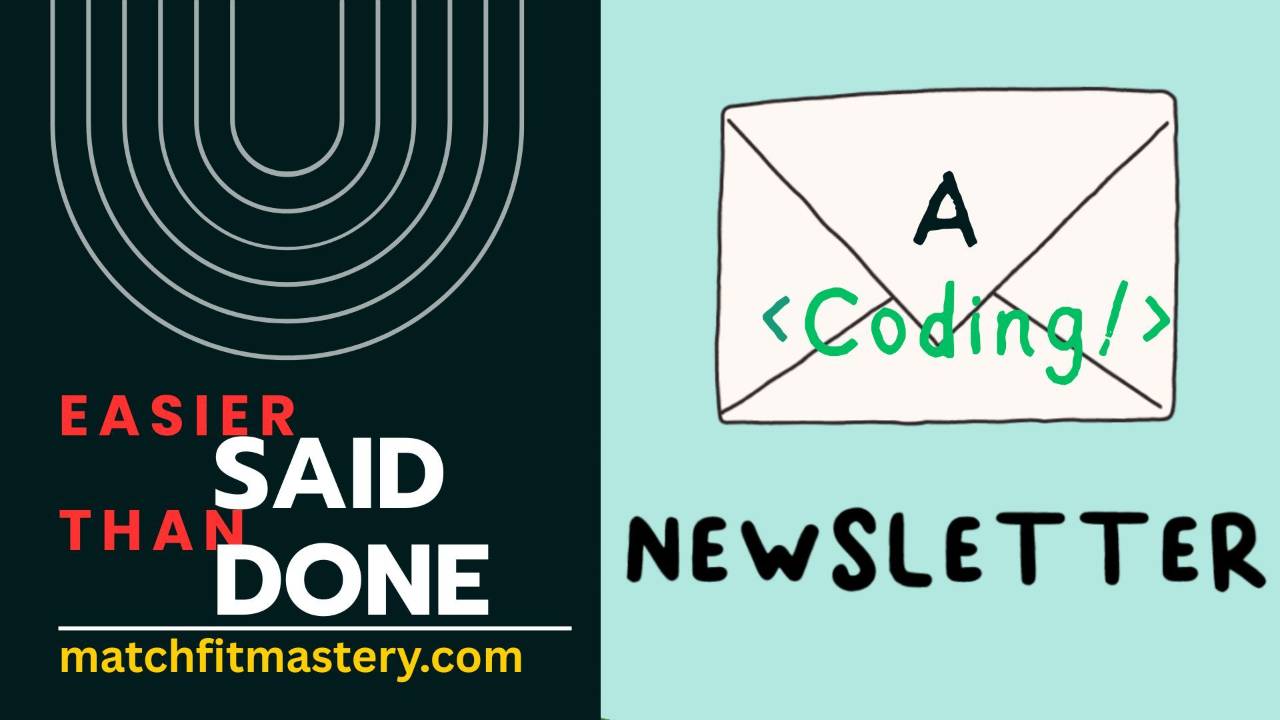How To Learn Coding Skills That Actually Get You Hired (Not Just Educated)
Why Most Self-Taught Developers Never Get Interviews
The coding education industry profits from keeping you focused on endless technical learning.
Reason #1: They assume professional skills transfer automatically (they don't)
Reason #2: They focus on learning things instead of building things
Reason #3: They teach coding languages instead of engineering business solutions
Reason #4: They ignore the strategic skills that distinguish professional developers from hobbyists
Reason #5: They don't teach you how to present technical work to non-technical decision makers (super important in a post-AI world)
Here's the breakthrough: You can become hireable by mastering a much smaller, more focused set of skills than you think.
And much earlier than you think.
Here's how, step by step:
Step 1: Learn to translate technical concepts into business language
This separates professionals from hobbyists more than any coding technique.





